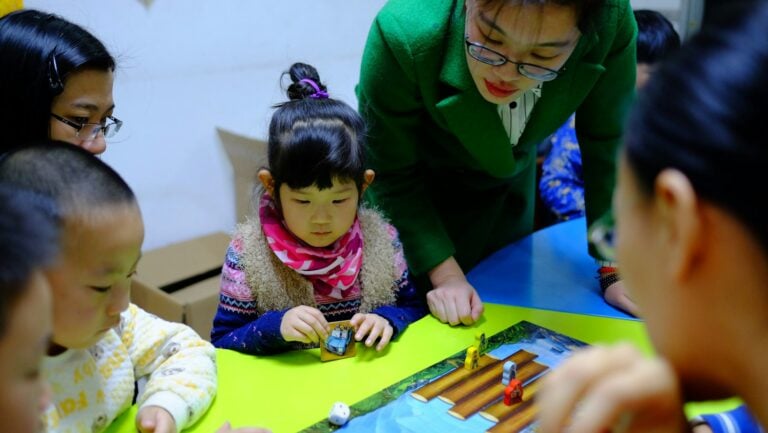A Solution in the Making
The Plastic Baling Twine Recycling project, started by the Fort Collins Conservation District, has been expanding over the past three years and is in need of support! Laura Tyler, the pioneer for the collection and recycling of baling twine in Larimer County has continued to grow the awareness of this innovative recycling solution.
All the way from Alamosa, Colorado, Adams State University’s Community Partnerships has joined in a collaborative effort of organizing the collection and recycling of used baling twine in Southern Colorado. They recently launched a campaign in an effort to raise the funds needed to jump start the project in the San Luis Valley. Three locations are currently collecting twine, each of which has already experienced success. Community Partnerships efforts include finding suitable organizations who can process plastic baling twine; or essentially break it down to a raw state, reform it, and re-purpose the material for commercial manufacturing. However, it has been determined that few businesses in the United States are designated for, have the equipment to, or have the desire to process plastic twine. Unfortunately, it has also been determined that Gopher Plastics, the sister company of Bridon Cordage, no longer processes twine material for recycling. Community Partnerships has been researching alternative options for carrying out the recycling process.
A company in Minnesota known as I-90 Processing is a recycling company dedicated to processing plastic twine. They will even come and pick it up, and pay the collector for the amount of twine collected. However, in order to even get them interested, an organization must have almost 40,000 pounds of twine. While collecting that much twine is certainly a difficult goal to reach, it is possible, and could be a considerable option for shipping and recycling the collected twine. Another option that Community Partnerships plans to explore is working with a local farmer who can re-purpose used plastic baling twine. The farmer would use the material as a strength additive and binder for adobe brick processing. Although small scale, this solution would be 100 percent self-sustaining; providing the twine input to the farmer for no cost, and eliminating the need for cross-state travel. Plus, it would provide a small number of local jobs, and present a pioneered product for several commercial industries.
All other options for processing twine for recycling would require personally funding the transportation of the twine to other states. Ultimately, in order to create a profitable program for recycling plastic baling twine, a system that will be self-sustaining and needs little financial input will have to be created. Community Partnerships plans on doing this by creating and nurturing local relationships with business owners and recyclers. We have two business owners who are already willing to store large quantities of twine at their facilities, and use their personal vehicles for local transportation. We have come a long way in the past few months, and will continue to pursue a means of creating a sustainable operation through the involvement of the community.
Join in making this solution possible!
Contact Community Partnerships at (719)-587-7230 or visit their website at http://www.adams.edu/community/partnerships/twine.php
Also find them on Facebook under ASU Community Partnerships: Center for Rural Sustainable Solutions


